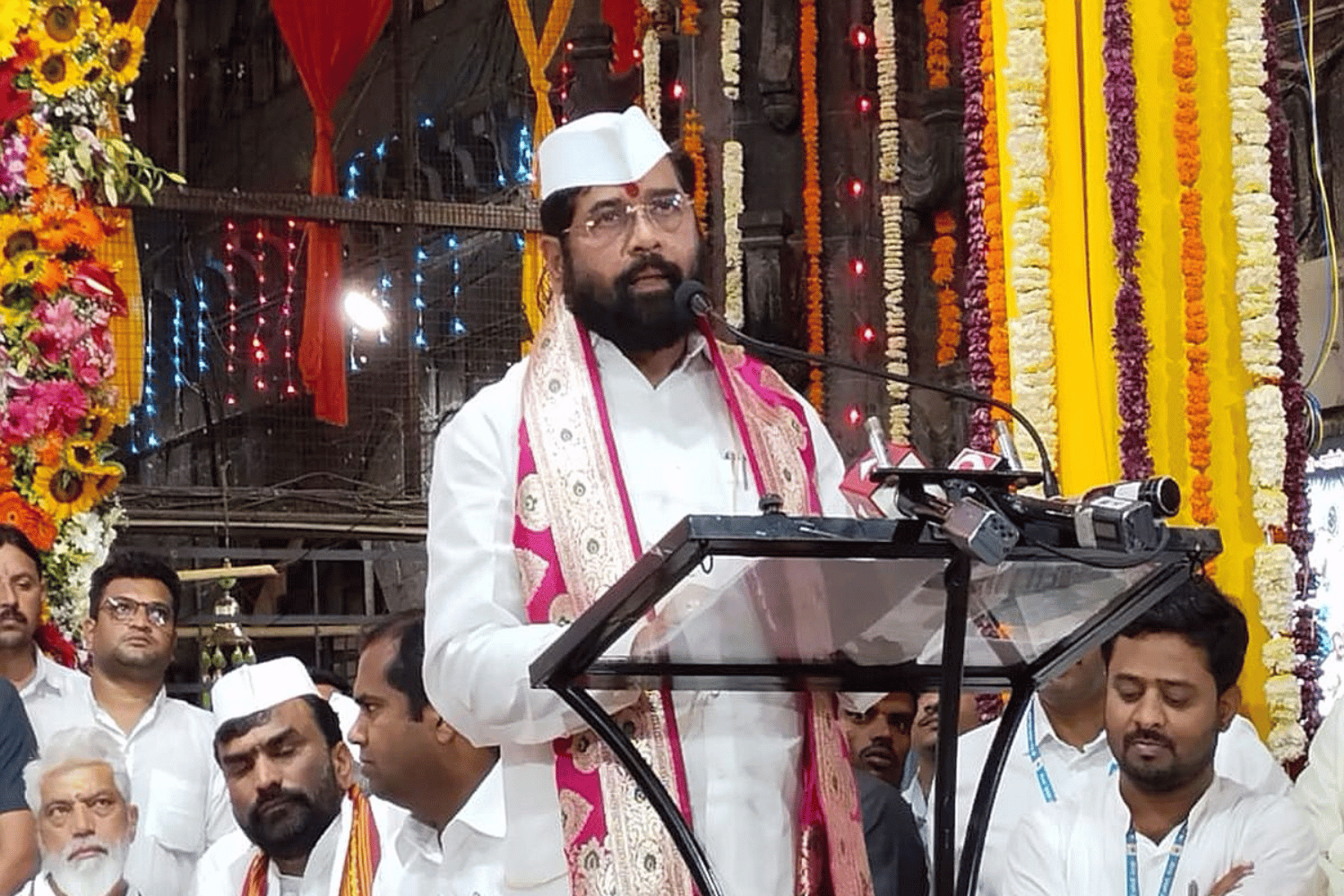
Overcoming HR Challenges in the Education Sector: Strategies for Success

The education sector is a unique and complex industry that requires specialized HR strategies to ensure success. From staff retention to recruitment, the challenges faced by HR teams in schools, colleges, and universities can be immense. In this article, we'll take a look at some of the most common HR challenges in the education sector and discuss how to overcome them with effective strategies.
The education sector is under immense pressure to provide quality education to students while simultaneously managing costs. This has led to many challenges for HR departments within educational institutions.
One of the biggest challenges facing HR in the education sector is attracting and retaining high-quality employees. With competition for talent becoming increasingly fierce, HR must develop strategies to ensure that their institution is seen as an attractive employer. Additionally, HR must also create programs and policies that support employee retention.
Another significant challenge facing HR in the education sector is managing the increasing workloads and demands placed on employees. In recent years, there has been a trend towards increased workloads and longer hours for employees in the education sector. This can lead to heightened levels of stress and burnout among employees. As such, it is important for HR to develop policies and programs that help employees manage their workloads in a healthy way.
Finally, another challenge facing HR in the education sector is managing change effectively. Educational institutions are constantly evolving, which can often lead to changes in staffing needs and requirements. Additionally, new technologies and approaches to education are constantly being developed, which can impact how HR functions within an educational institution. As such, it is important for HR to be flexible and adaptable in order to manage change effectively within an educational institution.
Common HR Challenges in the Education Sector
The education sector is no stranger to HR challenges. From attracting and retaining top talent, to managing employee benefits and compensation, to compliance with ever-changing regulations, the list of potential challenges is long.
But while the challenges may be many, the solutions are within reach. By taking a strategic approach to HR management, educational institutions can overcome even the most daunting challenges.
Some of the most common HR challenges faced by the education sector include:
1. Attracting and Retaining Top Talent
2. Managing Employee Benefits and Compensation
3. Compliance with Ever-Changing Regulations
4. Improving Employee Engagement and Performance
5. Managing a Diverse Workforce
Strategies to Overcome these Challenges
There are a number of strategies that HR professionals can use to overcome the challenges in the education sector. Some of these include:
1. improving communication and collaboration between different stakeholders;
2. developing better systems and processes for managing data and employee information;
3. providing more training and development opportunities for employees;
4. improving employee engagement through initiatives such as employee recognition programs;
5. fostering a positive work-life balance for employees; and
6. increasing transparency around HR policies and procedures.
By implementing some or all of these strategies, HR professionals can help to overcome the challenges in the education sector and create a more successful workplace.
What HR Professionals Can Do to Help Effect Change
The education sector is constantly evolving, and with that comes new challenges for HR professionals. But there are strategies that HR professionals can use to overcome these challenges and help effect change.
One of the most important things HR professionals can do to help effect change is to be proactive. Anticipate the needs of the organization and the changes that might be coming down the line. This will allow you to put processes and systems in place ahead of time that can make the transition smoother.
Another key strategy is to keep lines of communication open. Be available to answer questions and address concerns from employees. Keep everyone in the loop as much as possible so that no one feels left out or in the dark.
Finally, don't be afraid to take risks. Sometimes, in order to effect change, you have to think outside the box and try something new. So go ahead and experiment – you may just find the perfect solution to a difficult challenge.
Tips for Implementing Change Effectively
1. Define the change you want to see.
Before you can implement any changes, you need to be clear about what it is you want to achieve. What are your goals and objectives? What does success look like? Once you have a good understanding of what you want to achieve, you can start putting together a plan for change.
2. Communicate the change.
Once you have a plan in place, it's important to communicate the changes to all relevant parties. Make sure everyone understands what is happening, why the changes are being made, and what their role is in making the changes happen. Good communication will help ensure that everyone is on board with the changes and knows what they need to do to make them happen.
3. Be prepared for resistance.
Change can be difficult, and it's not uncommon for there to be some resistance when it's first introduced. Be prepared for this and try to anticipate any potential areas of resistance. Have a plan in place for how you'll address any resistance so that it doesn't derail your efforts.
4. Allow time for adjustment.
Change can take some time to get used to, so don't expect everything to happen overnight. Allow people some time to adjust to the new ways of doing things before expecting them to be fully on board and productive. Making small changes incrementally can also help make the transition easier for everyone involved.
In conclusion, staying abreast of the HR challenges in the education sector is important to ensure successful implementation of HR strategies. By understanding potential issues such as staff turnover, recruiting difficulties and budget constraints, it’s possible to develop solutions that work for your organization. Taking a proactive approach to HR also helps schools recruit high-quality talent by creating an attractive workplace culture and developing competitive compensation plans. With these considerations in mind, educational institutions can effectively overcome their HR challenges and create a positive learning environment for all students.



.webp)
